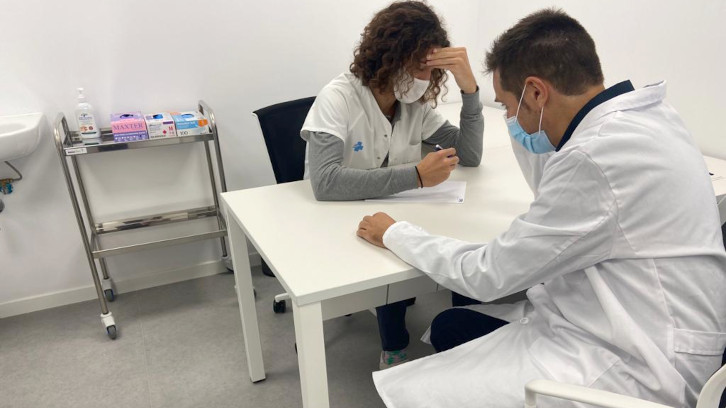Effects of medical errors on the psychological health of the professionals involved

Errors in medicine obviously affect the patient, but also the professionals involved. Survey-based research in the field of cardiology has analyzed the experience of these professionals to shed light on the psychological distress generated and the support resources available.
The importance of healthcare professionals in the system is undeniable, but it's also undeniable that errors can occur in any field, including medicine. Often, the focus is on the impact an error has on the patient and their loved ones, but less attention has been given to how it affects the healthcare professionals themselves who are involved in the incident, who can be considered as the "second victim." This experience can have repercussions on their well-being, patient safety, and the functioning of the healthcare system as a whole.
In an effort to shed light on this issue in the field of cardiology, we conducted research based on an anonymous survey that was sent to a group of cardiology professionals, including physicians and nurses, through the Spanish Society of Cardiology and the Spanish Association of Nursing in Cardiology. The aim was to analyze the experience of these professionals as second victims and evaluate the quality of available support resources.
For the survey, we used the tool called "SVEST," which consists of 29 questions divided into 9 categories. These categories measure both the emotional impact the situation has on professionals (psychological distress, physical distress, affected professional self-efficacy) and the sources of support they can turn to (colleagues, supervisors, institutional support, and non-work-related personal support).
A total of 198 surveys were analyzed, and we observed that the majority were from nursing (44%), followed by attending physicians (43%) and residents (13%), with a higher percentage of women in all three groups. The responses revealed that discussing the incident with colleagues provided a significant sense of relief. In the case of nursing, feeling the support of colleagues to maintain themselves as good professionals despite errors received a high score.
Overall, we emphasize that non-work-related personal support was one of the best-evaluated areas in terms of support, while work absenteeism was of less concern. Additionally, there were differences among the groups; for instance, residents showed a greater intention to change jobs, and female participants exhibited a tendency towards experiencing more psychological and physical distress across all professional categories.
In summary, this study reveals that cardiology professionals often face psychological distress after making errors. The importance of continuing to address this phenomenon is evident. By doing so, it will not only benefit professionals but also enhance the quality of care provided to patients.
References
Jordi Bañeras, Pablo Jorge-Pérez, Clara Bonanad, María Thiscal López Lluva, Isaac Moll, Sara Guila Fidel Kinori, Second victims and quality of support resources among cardiology professionals. Revista Española de Cardiología. Vol. 75. Núm. 8. páginas 686-688 (Agosto 2022). DOI: 10.1016/j.recesp.2022.01.006

